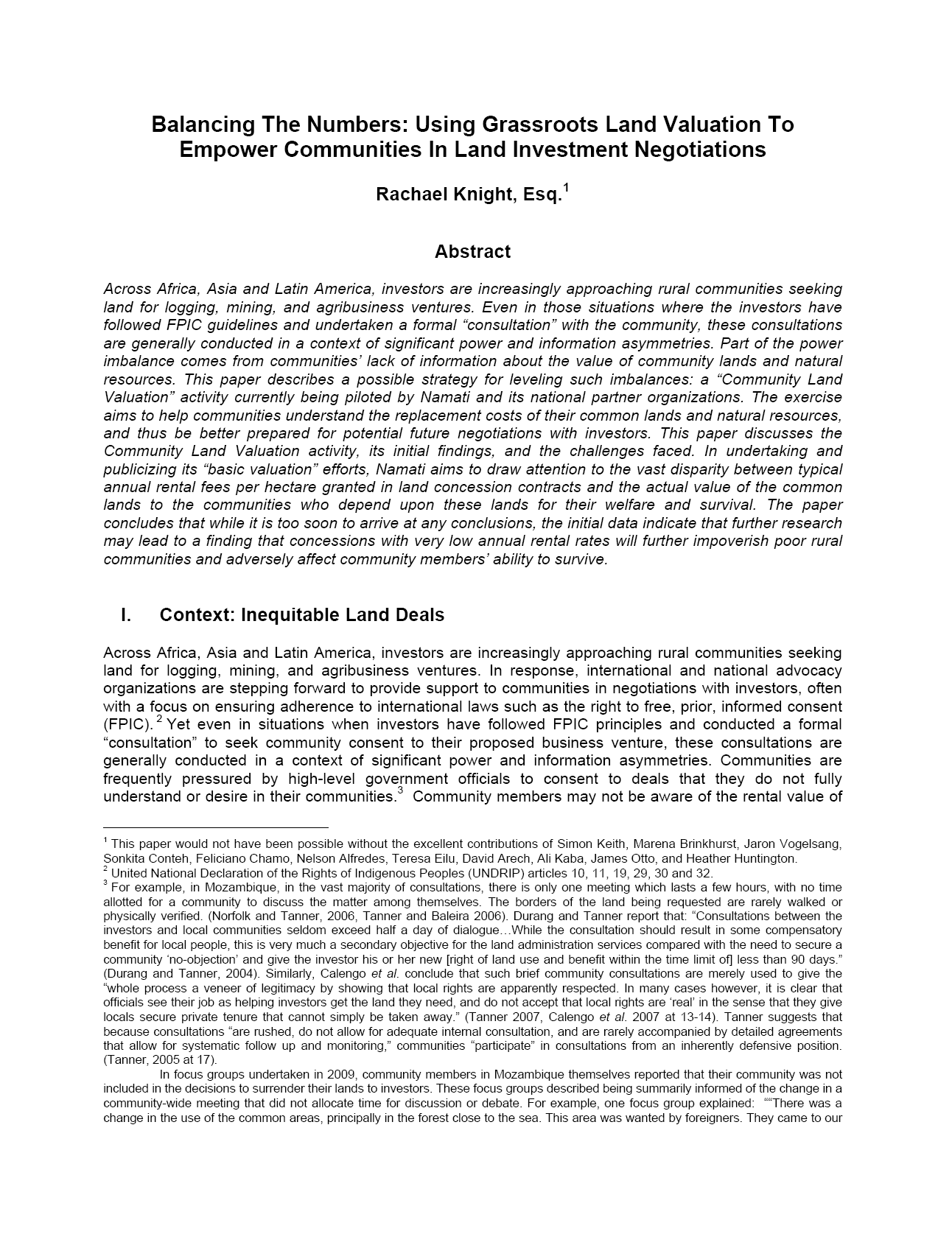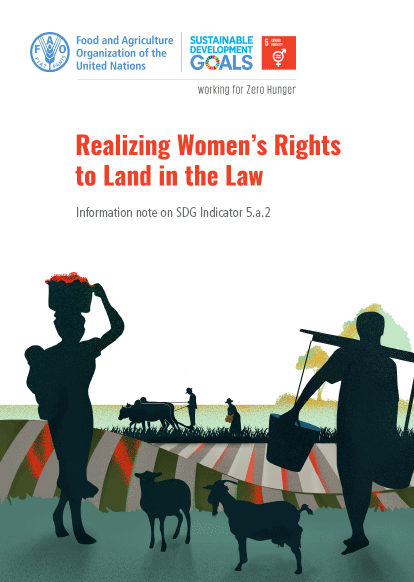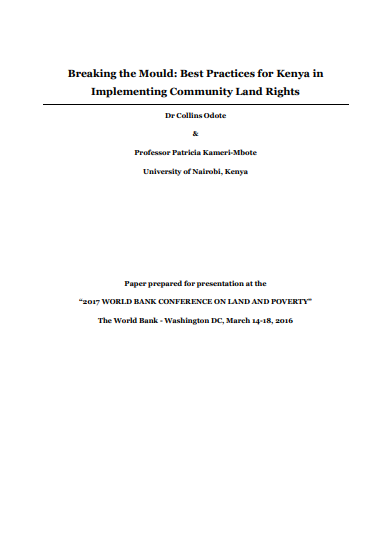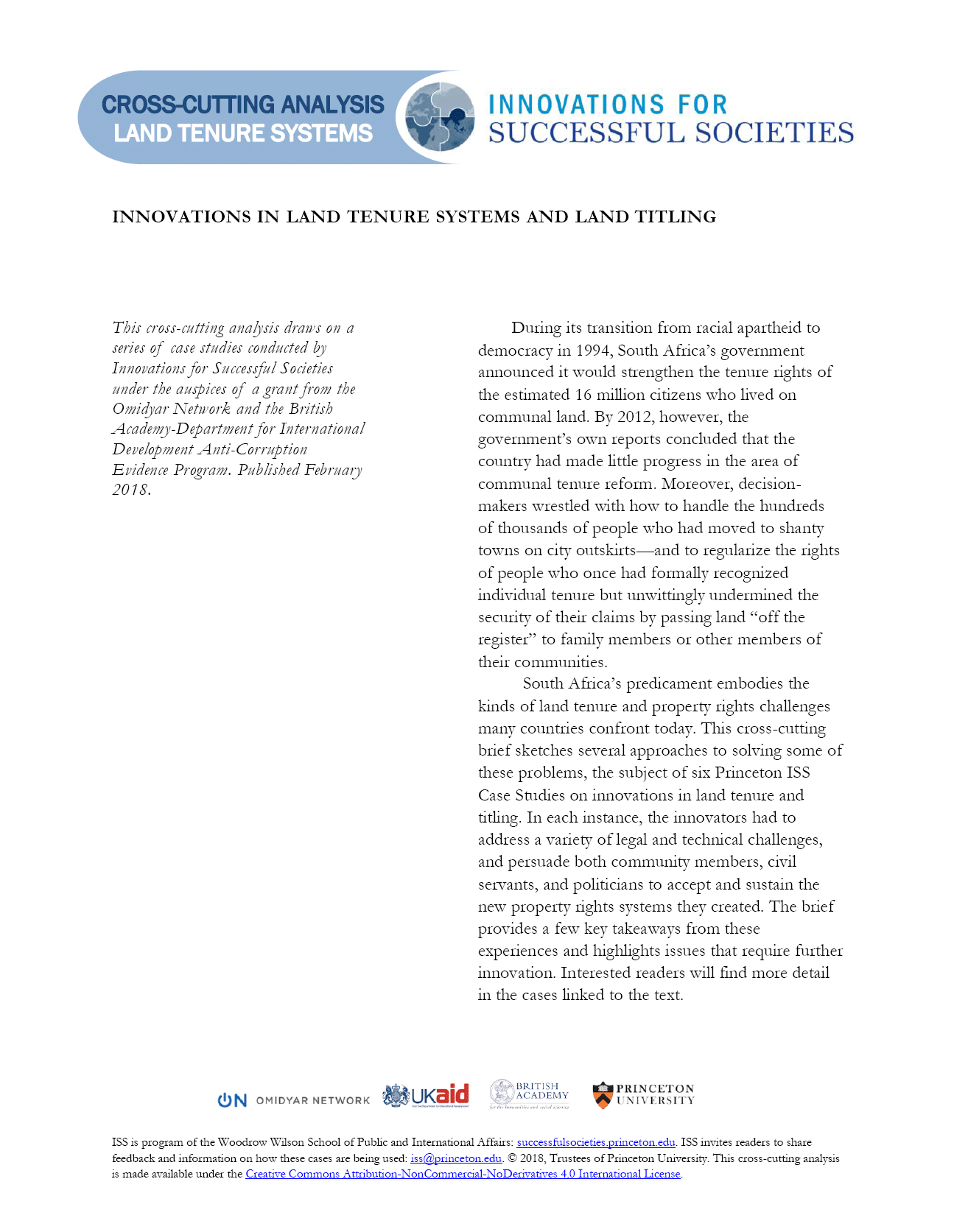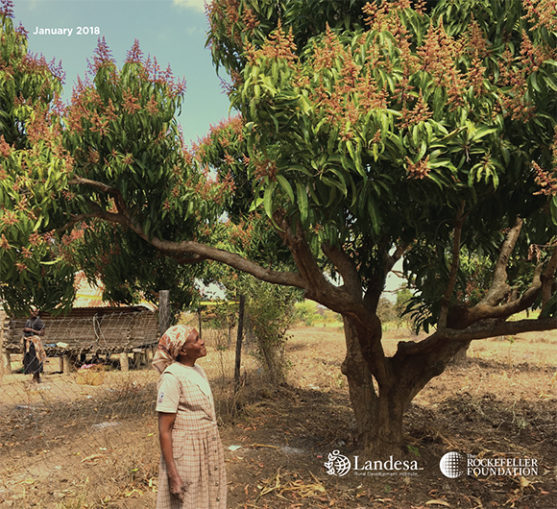Balancing The Numbers: Using Grassroots Land Valuation To Empower Communities In Land Investment Negotiations
Across Africa, Asia and Latin America, investors are increasingly approaching rural communities seeking land for logging, mining, and agribusiness ventures. Even in those situations where the investors have followed FPIC guidelines and undertaken a formal “consultation” with the community, these consultations are generally conducted in a context of significant power and information asymmetries. Part of the power imbalance comes from communities’ lack of information about the value of community lands and natural resources.

